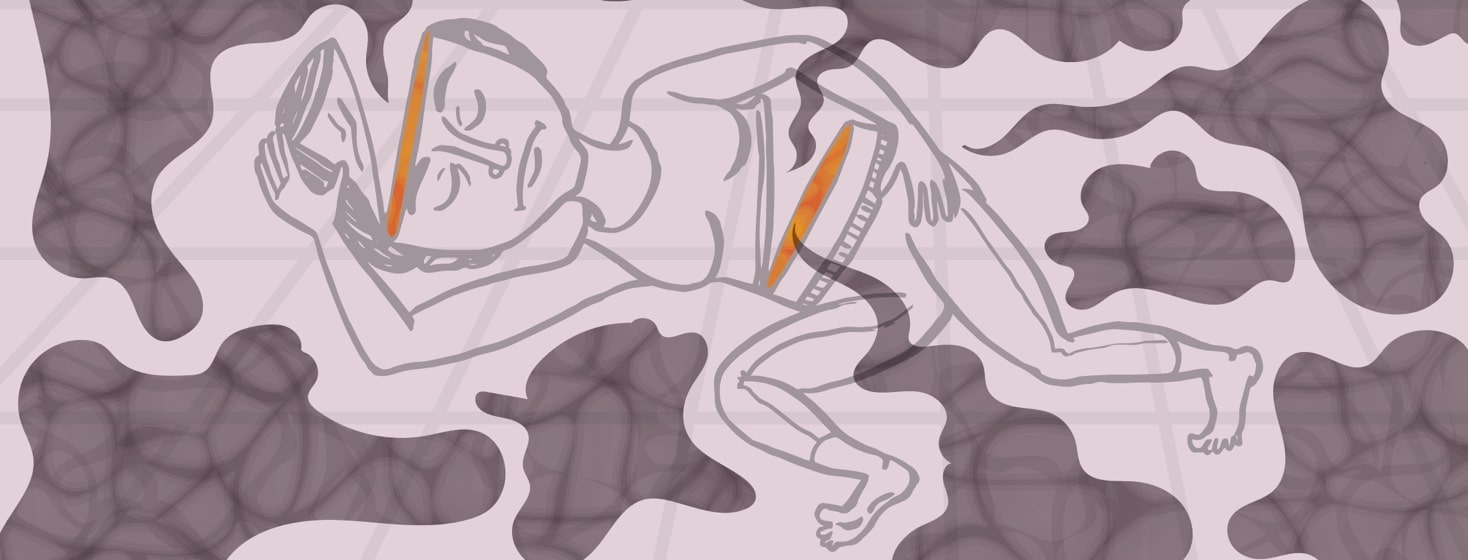The Menstrual Migraine: It's Real and It Hurts
I first started getting migraines in my senior year of high school, which ramped up in frequency and intensity over the course of my college years and the better part of my twenties. After a few years, I began to notice a pattern: many (if not most) months, I was getting a migraine either immediately before or during the first day of my period. At one point in my twenties, shortly after my endo diagnosis, I mentioned this to my OB/GYN, who nodded in recognition of the pattern; "Ah, yes", he said. "Those are known as menstrual migraines."
What is a menstrual migraine?
Well, in general, 4 out of 10 women will experience at least one migraine in their lifetimes. Of those, it is estimated that 50% of women with migraine have an association between them and menstruation. One study noted, "The peak incidence of migraine during the menstrual cycle occurs on the days directly before and after the first day of menstruation".1
According to another article in Neurology Times, a menstrual migraine is defined as a migraine that occurs "without aura... within days -2 and +3 of the menstrual period on at least 2 of 3 consecutive menstrual cycles".2 In my case, my menstrual migraines are accompanied by symptoms that include increased sensitivity to noise and light, nausea, as well as severe tension and pain in my head.
What causes menstrual migraines?
As noted by the Mayo Clinic, menstrual migraines usually occur due to the sudden drop in estrogen and other hormones that takes place right before and during one's period.3 This drop can catalyze a bad headache. As such, one possible way to preempt the headaches are to take hormonal birth control or other hormones (as prescribed and monitored by a doctor), in order to avoid those drastic hormone fluctuations that can trigger a migraine. However, due to adverse side effects, I cannot take synthetic hormones. As such, my course of treatment usually includes NSAIDs and other pain relievers. Triptans can also be helpful for treating menstrual migraines. Additionally, not all menstrual-related migraines are technical menstrual migraines. For instance, The National Headache Foundation calls those migraines that occur a few days before menstruation "menstrual syndrome (PMS) headaches".4
It also turns out that women with endometriosis are more likely to experience headaches in general -and migraines in particular- than women without it.5 In fact, one study published in 2012, that included 20,220 endometriosis patients and 263,767 controls without endometriosis found that patients with endometriosis were much more likely to suffer migraine headaches compared to controls.6
Do you experience menstrual migraines or other headaches that are associated with your cycle? If so, how do you treat them and what works for you to manage the pain? Answer in the comments below!

Join the conversation